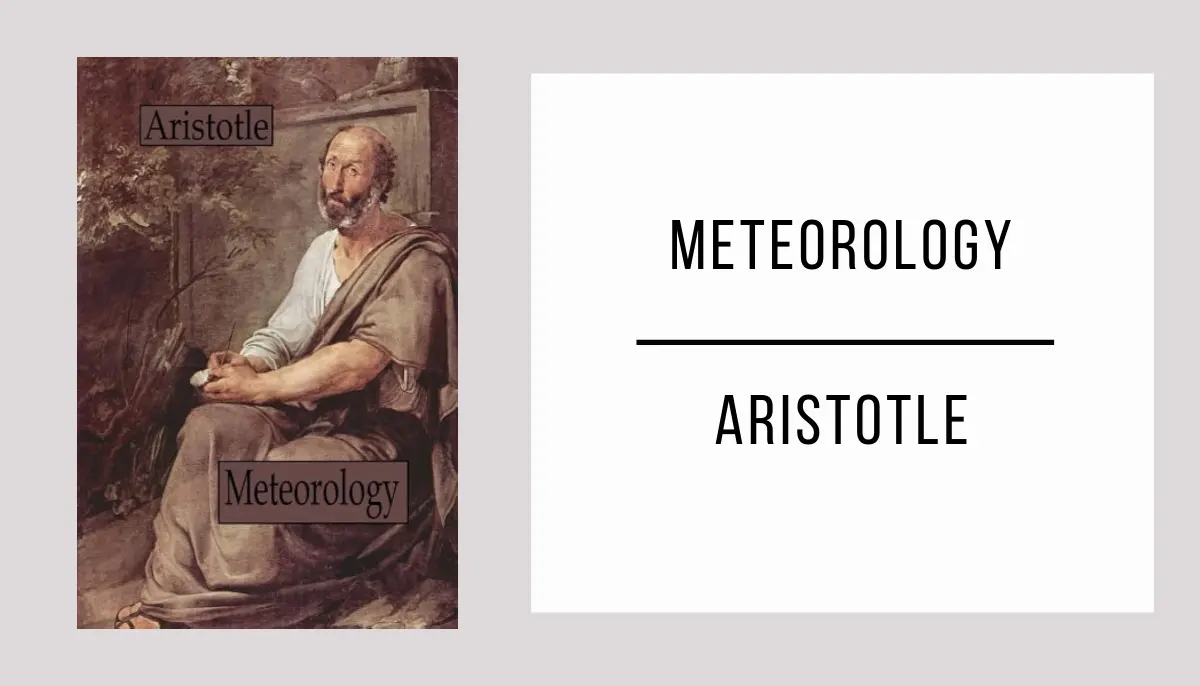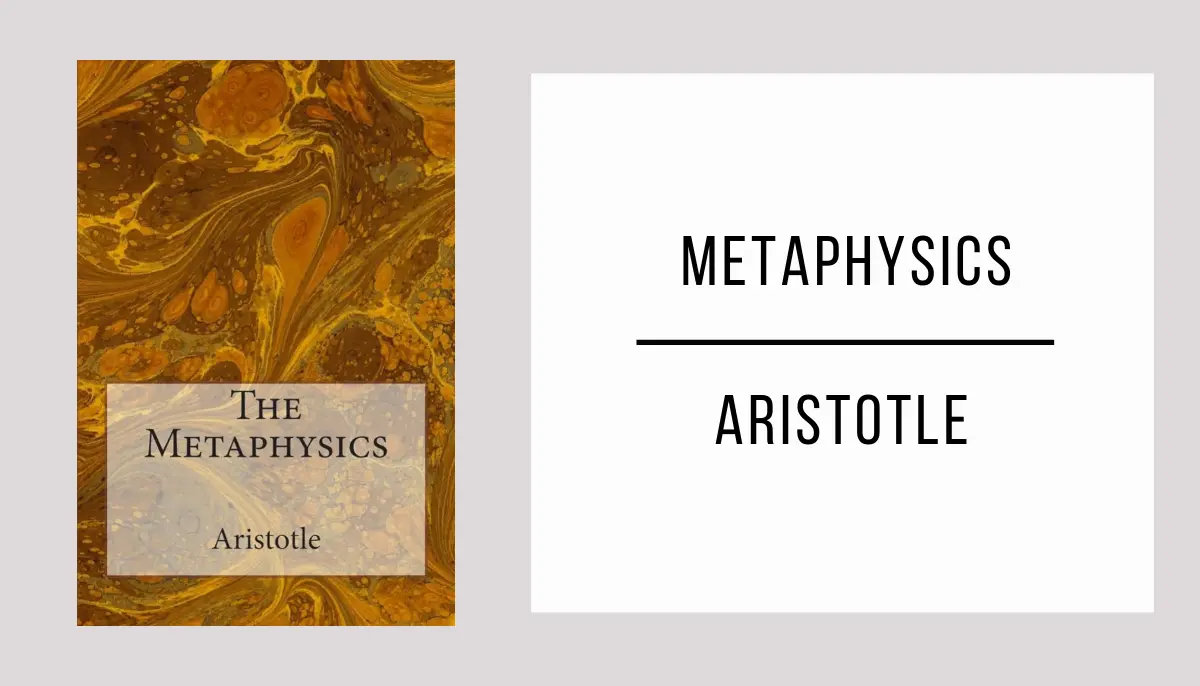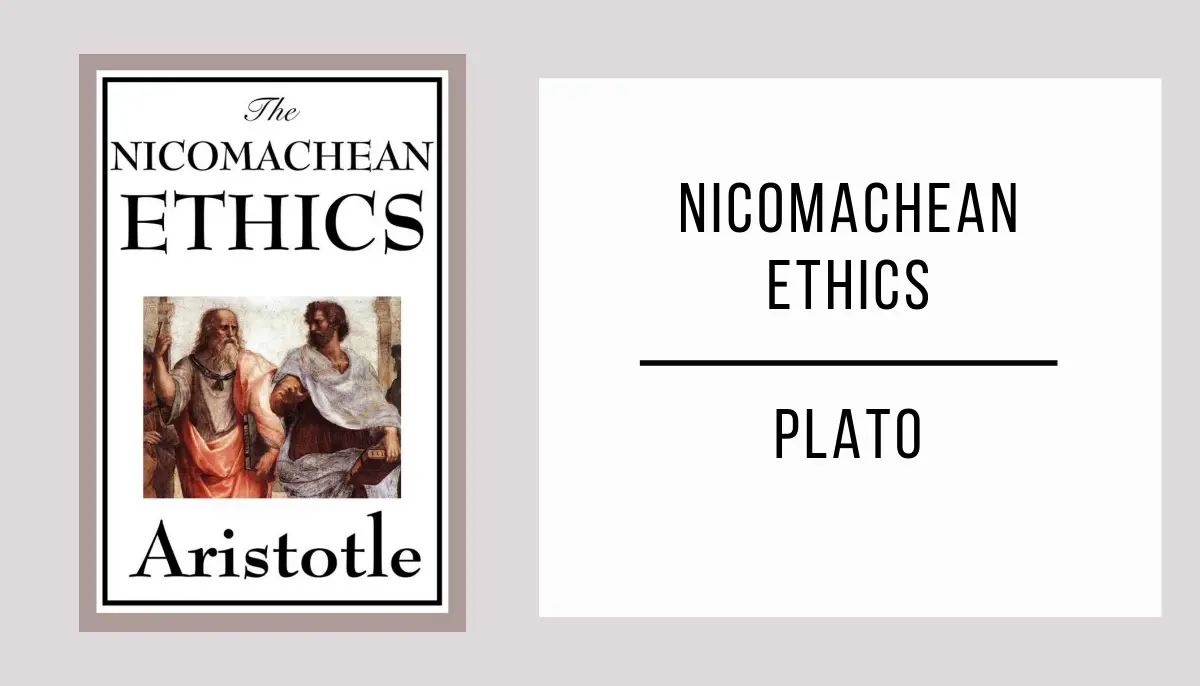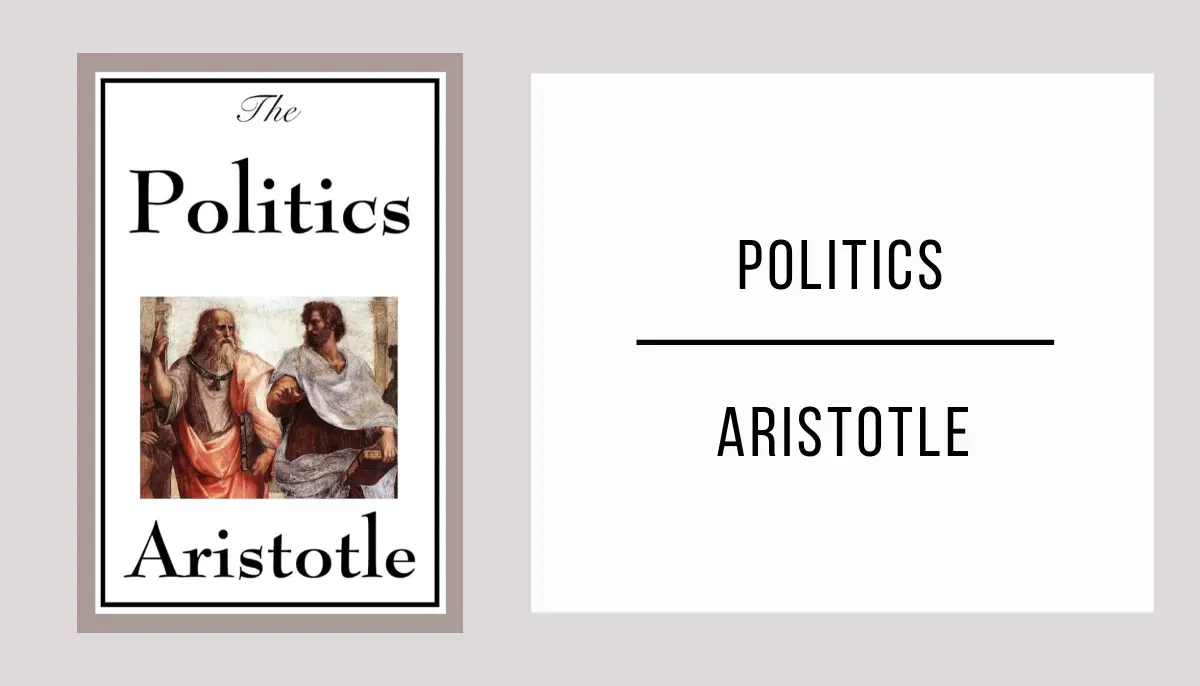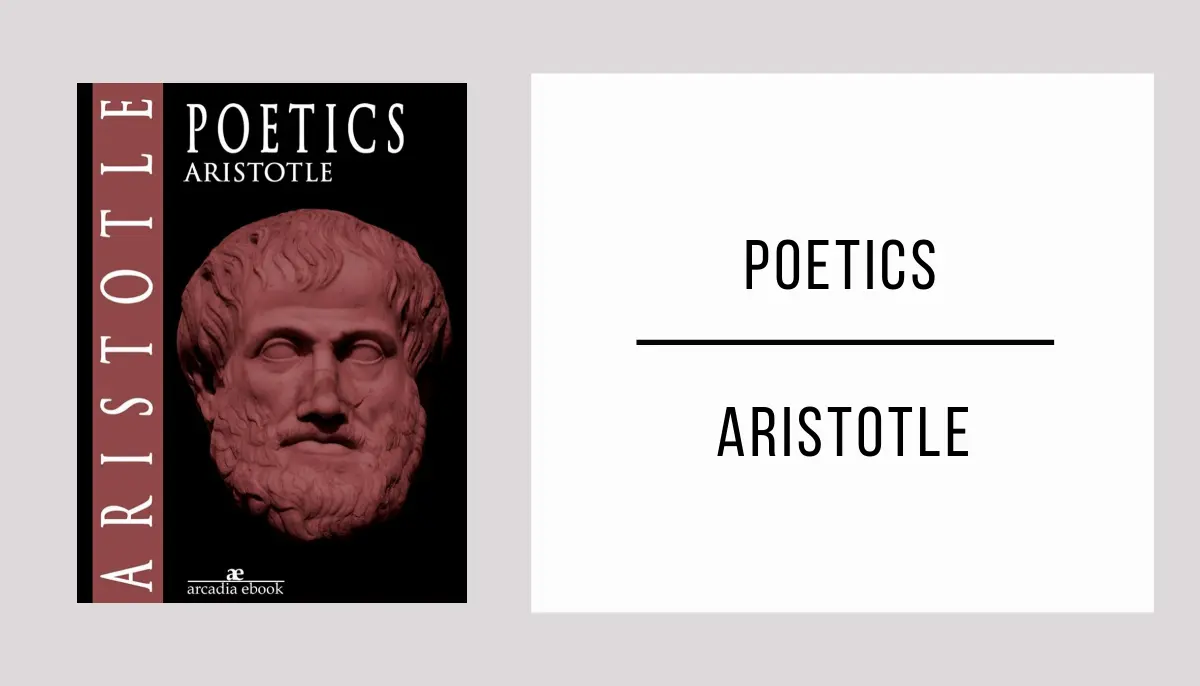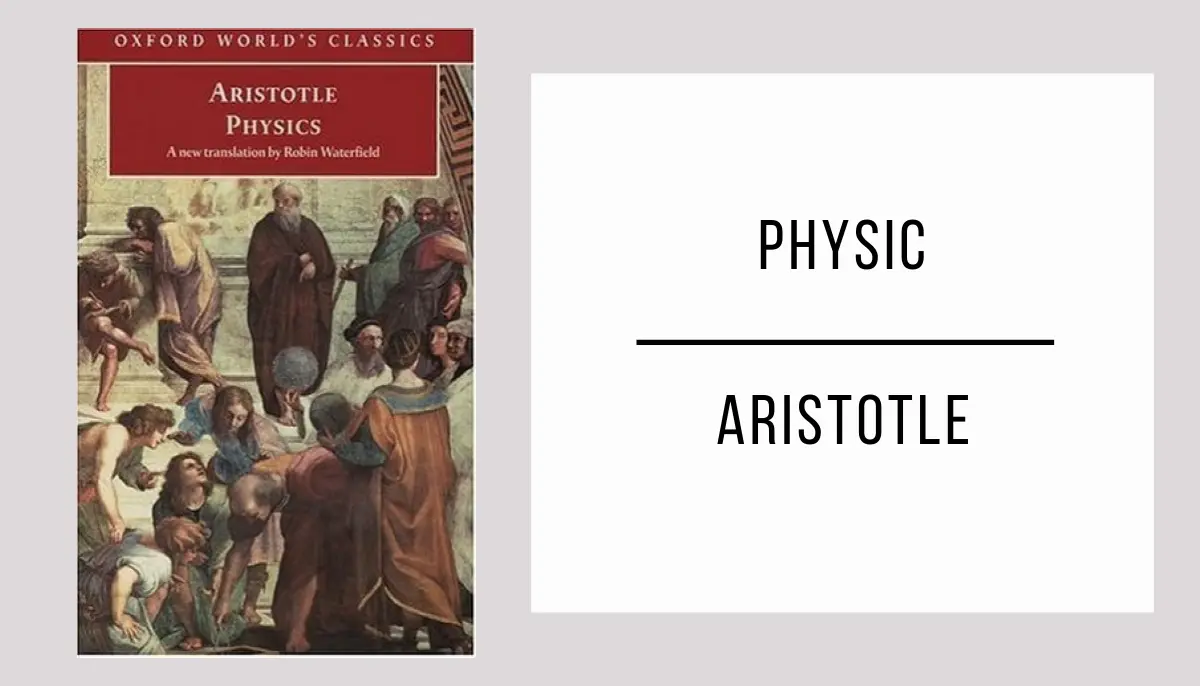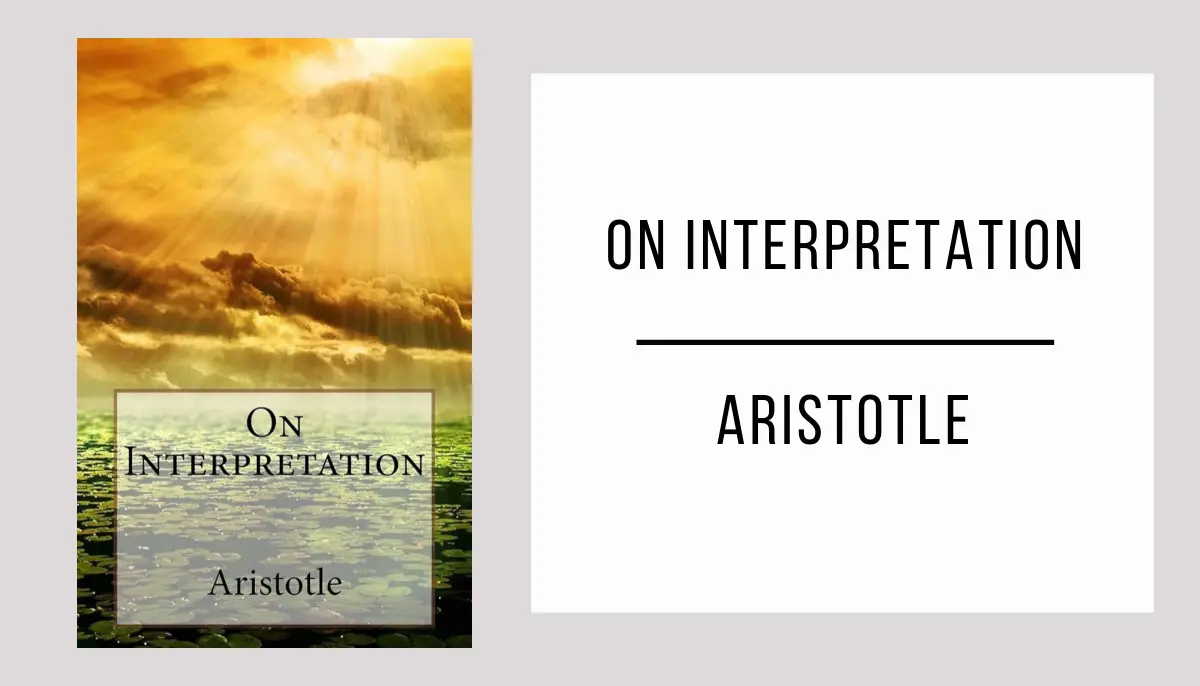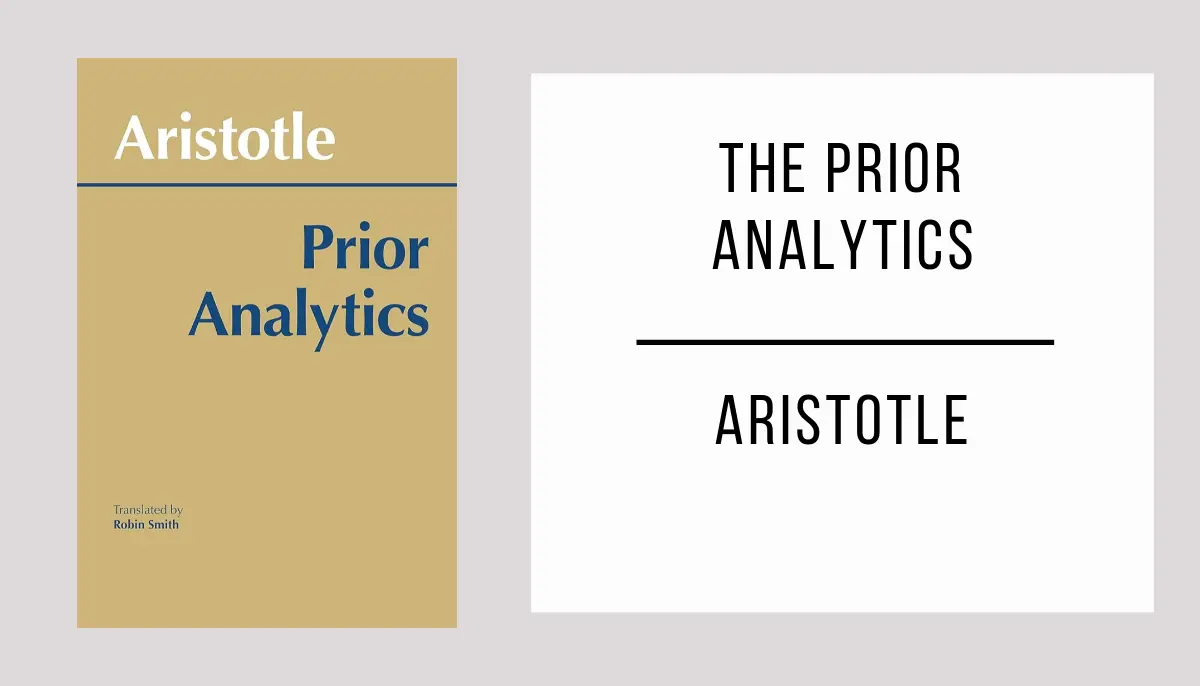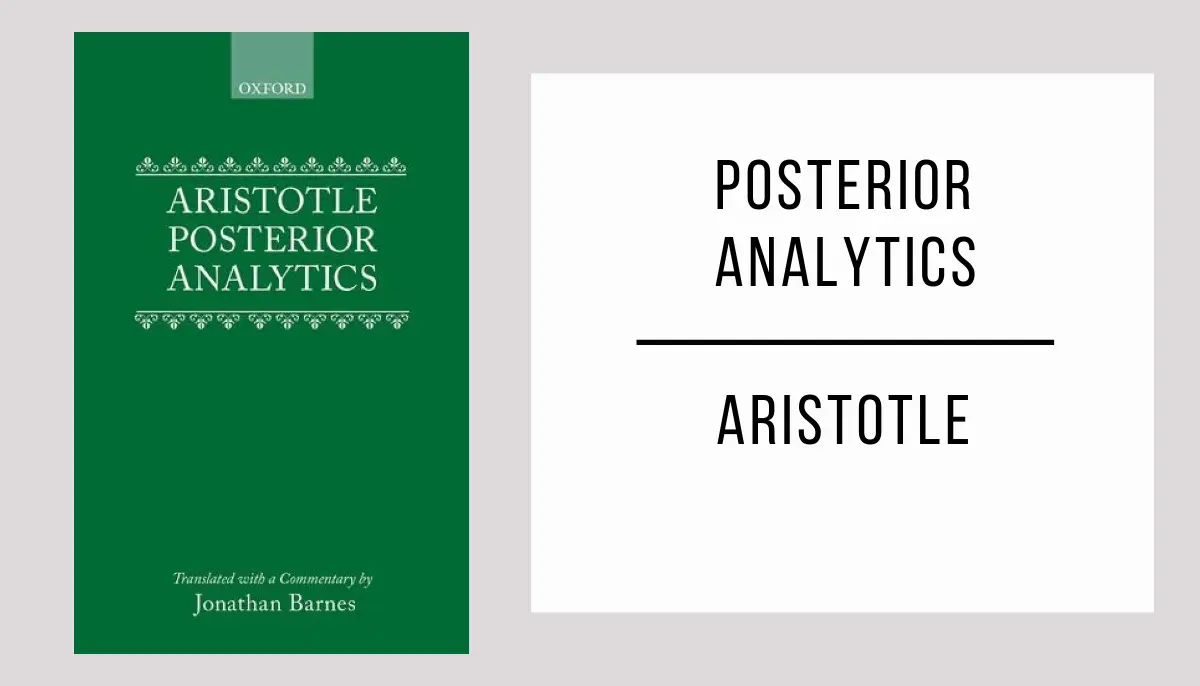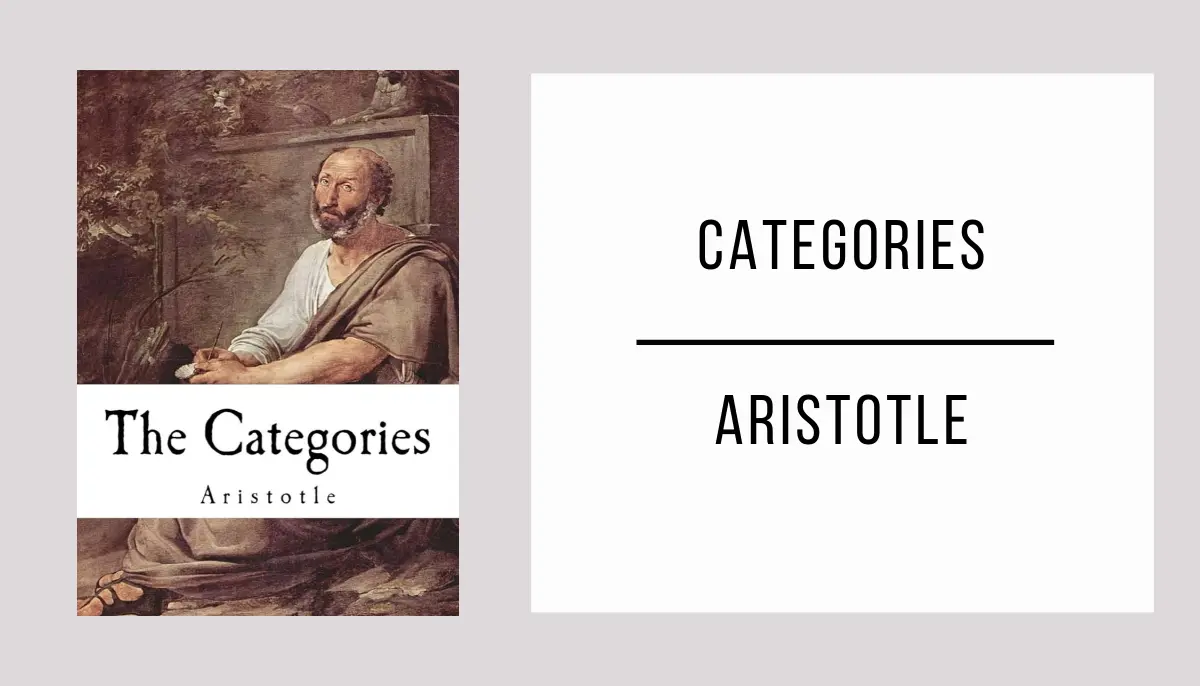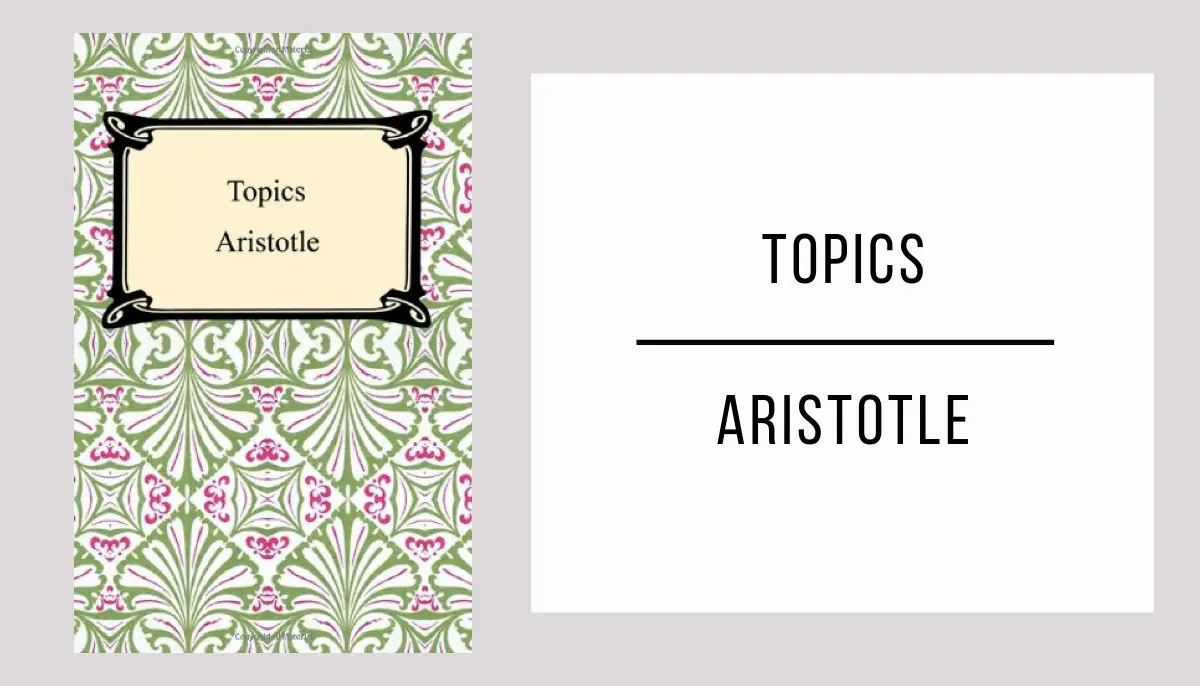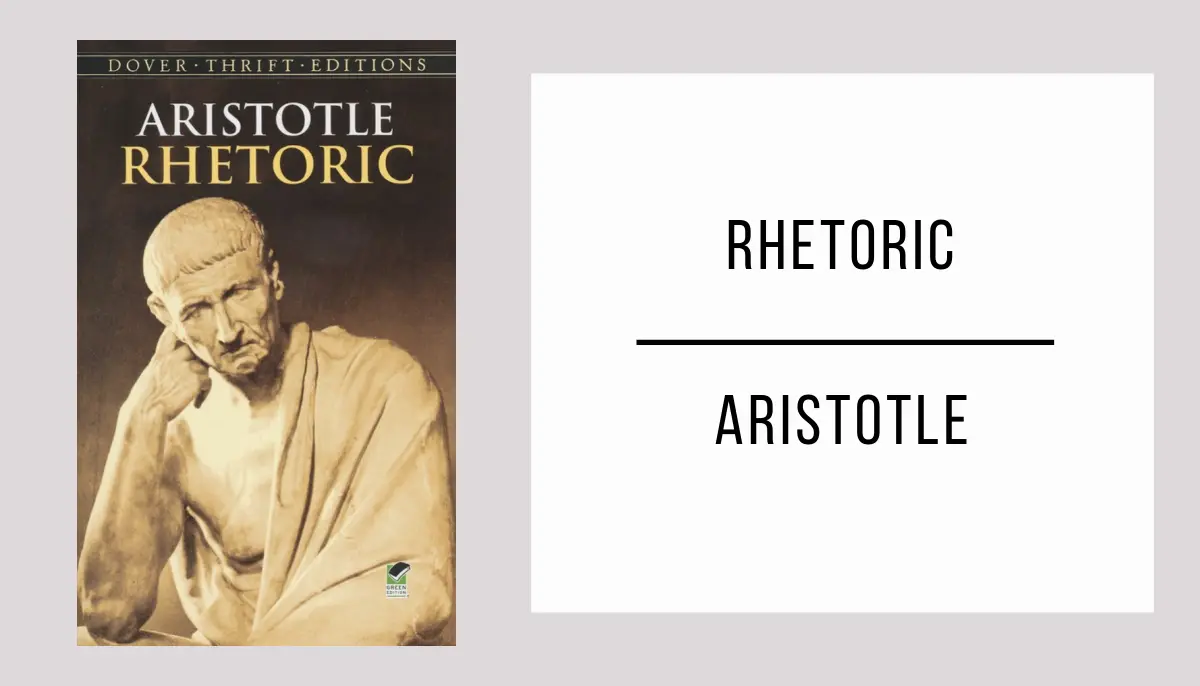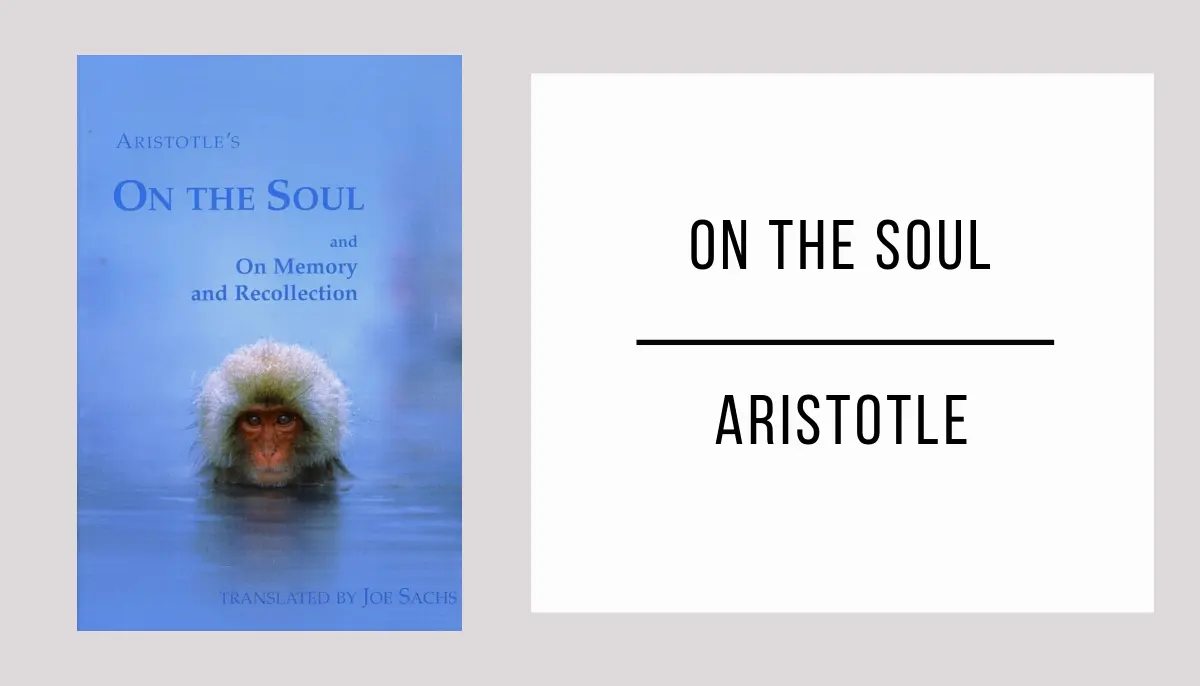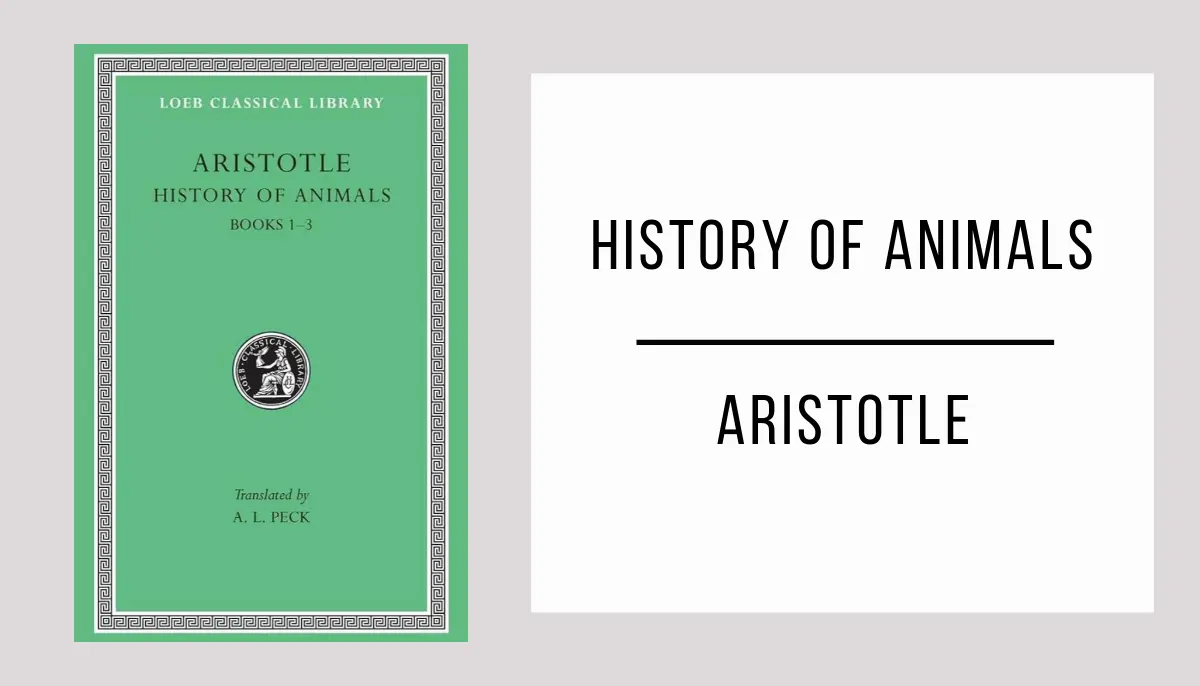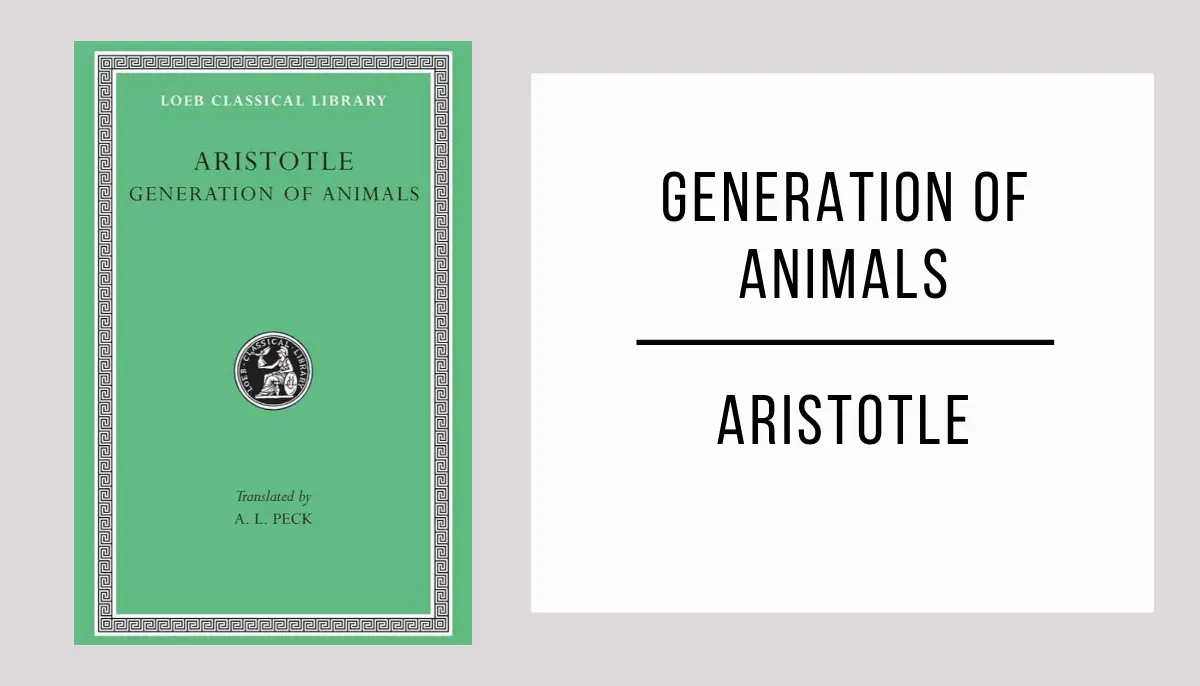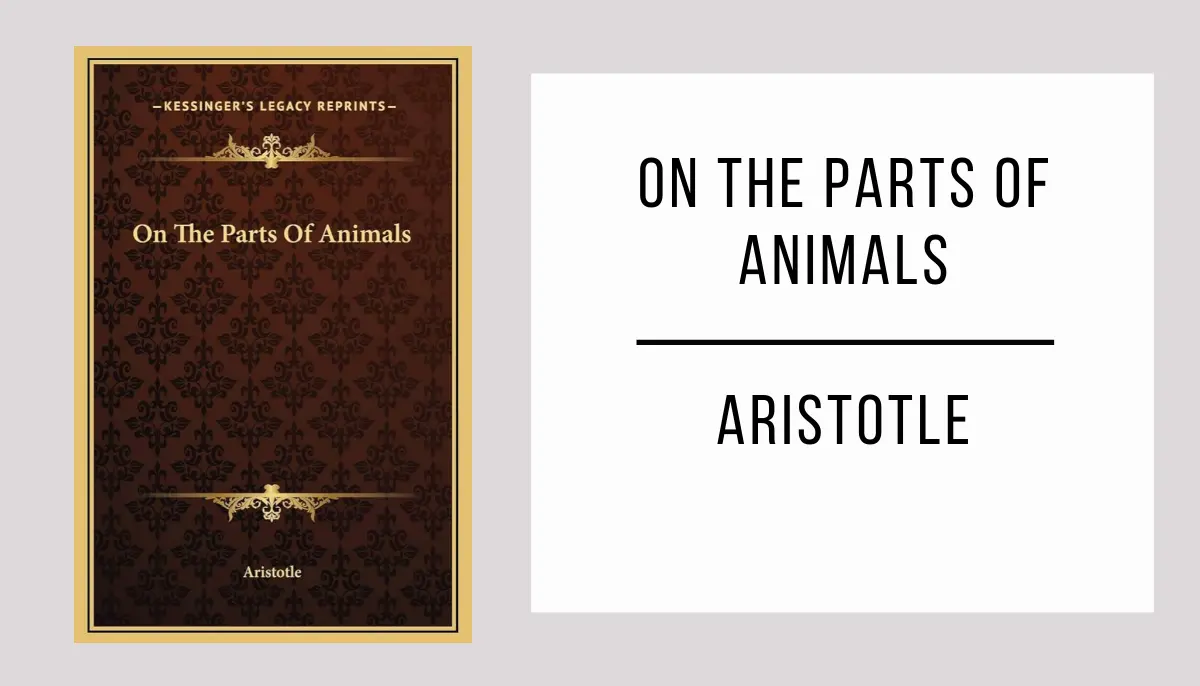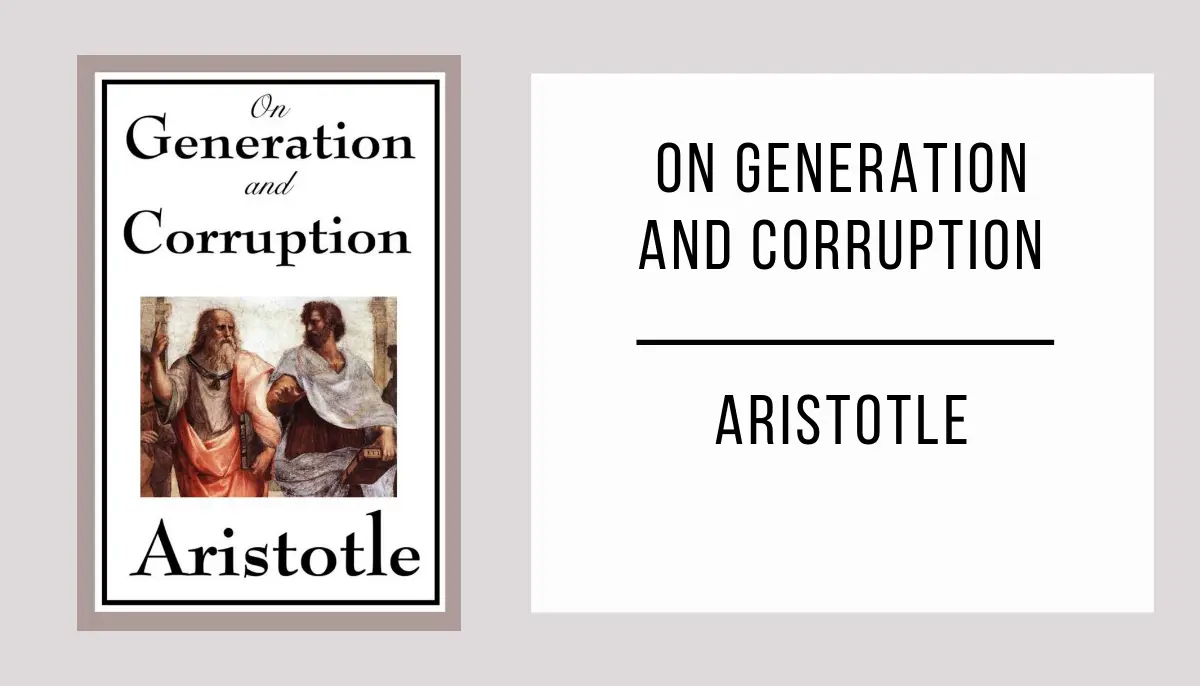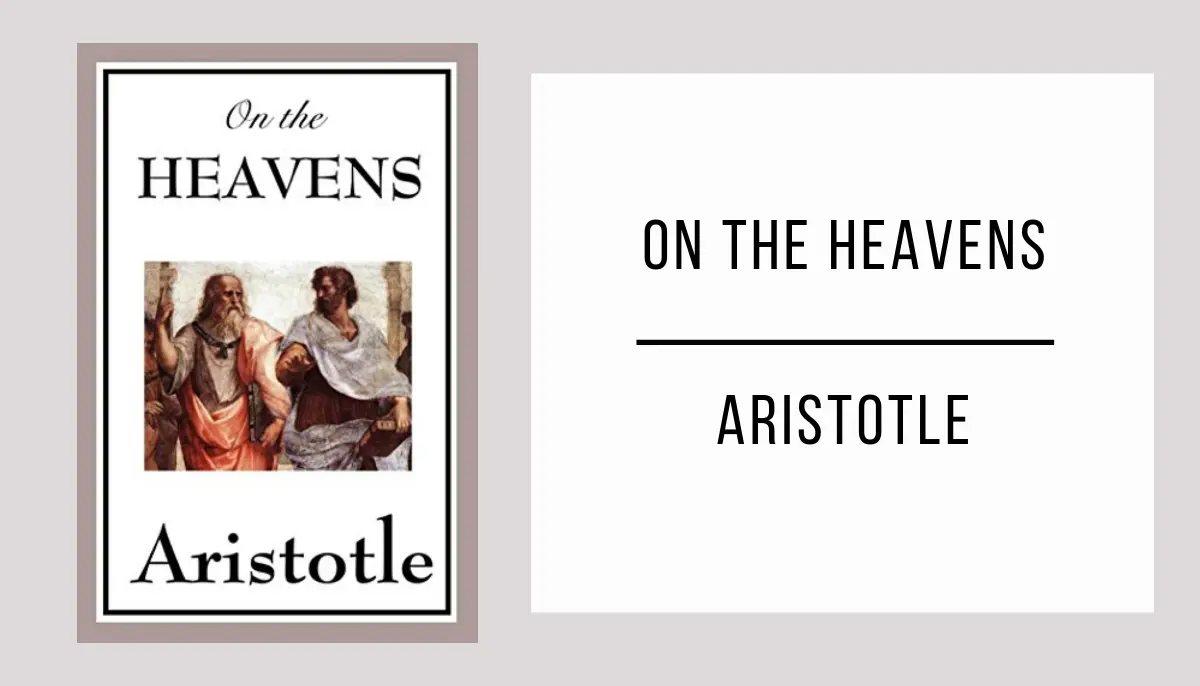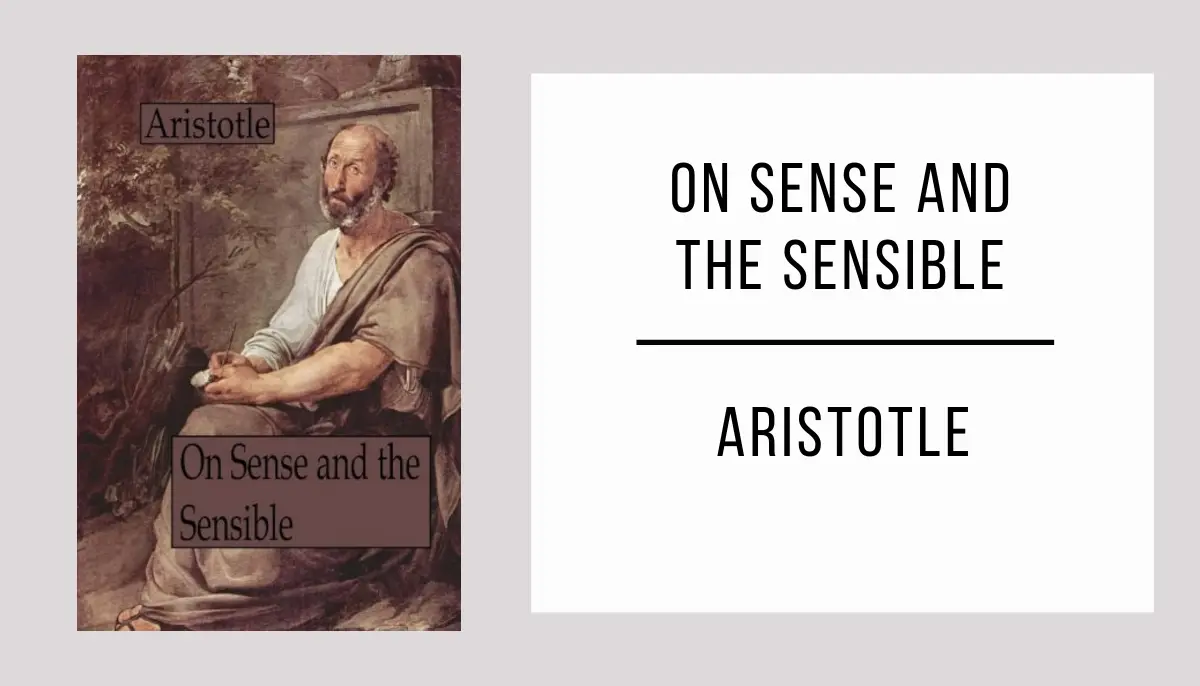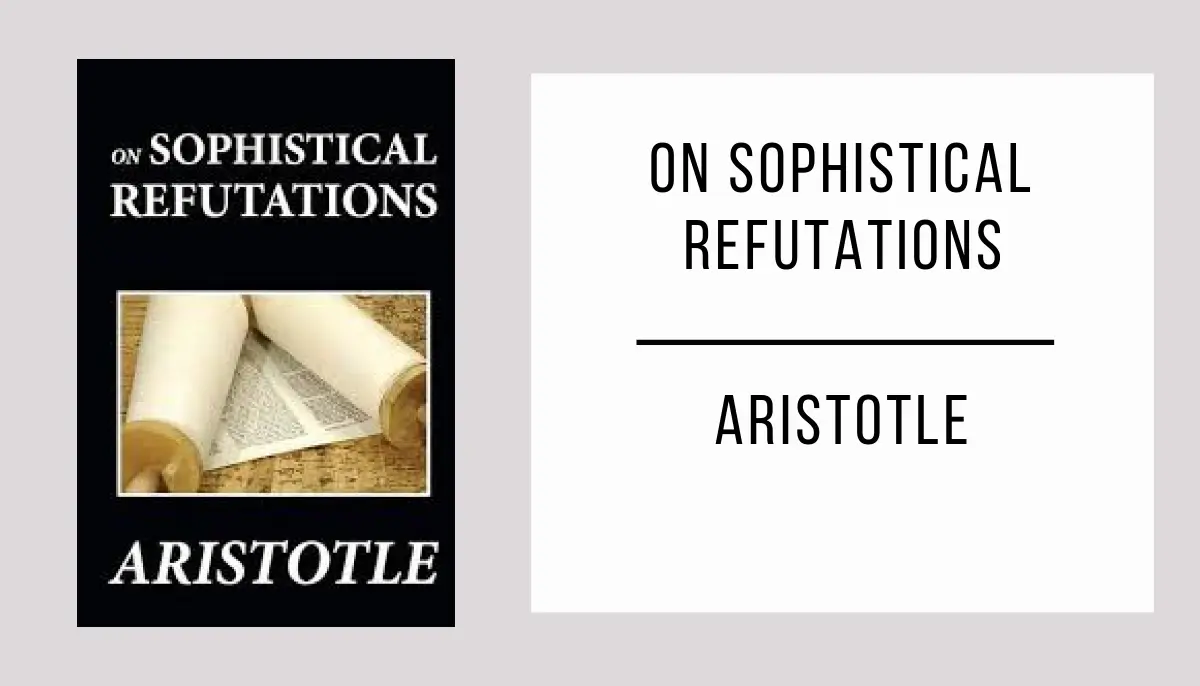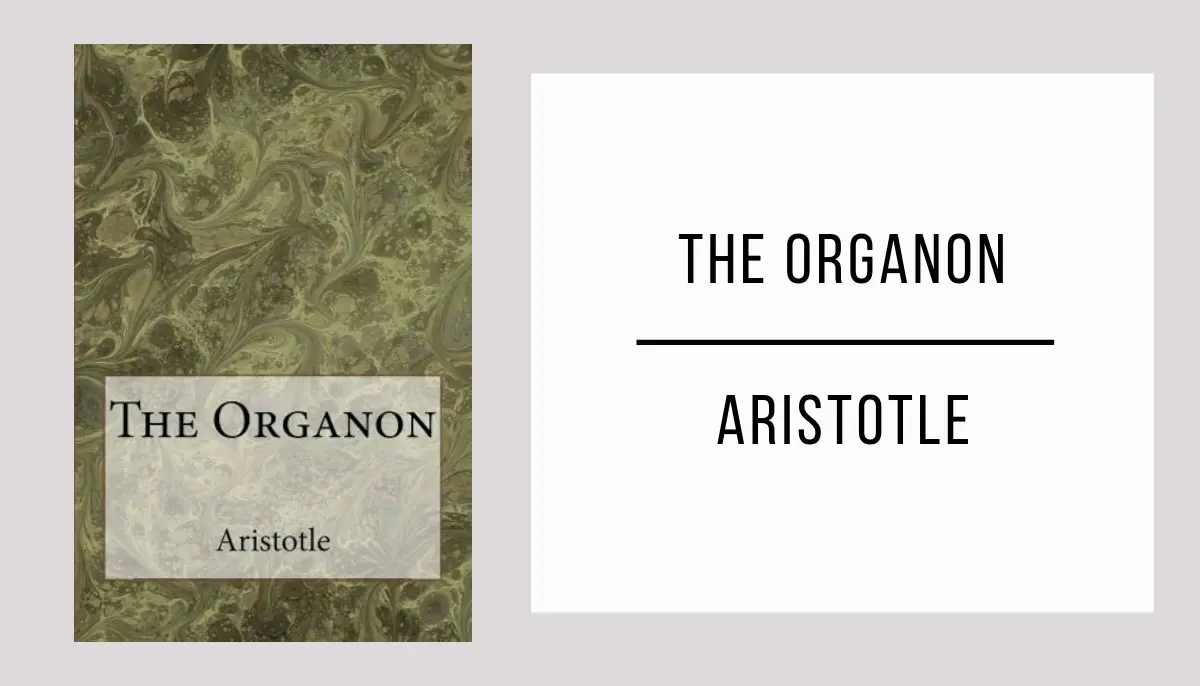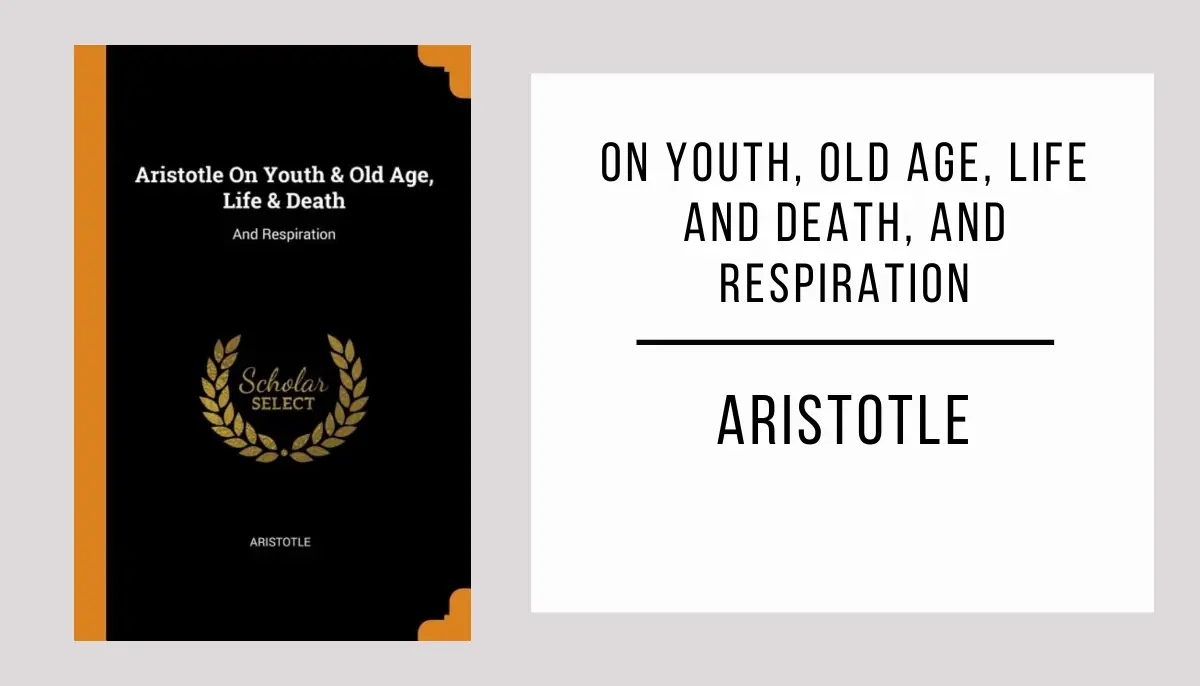“Meteorology” is a fascinating treatise written by Aristotle that explores the mysteries and phenomena of weather and the environment. Immerse yourself in the teachings of one of the great philosophers of antiquity as you uncover the secrets of meteorology.
Download a free PDF copy of “Meteorology” right now and delve into the world of science and nature. Explore the pages of this valuable treatise and deepen your understanding of atmospheric phenomena.
Don’t miss the opportunity to read “Meteorology” and enhance your comprehension of the world around us. Discover Aristotle’s observations and theories on weather, the evolution of water, and other meteorological phenomena.
Meteorology in PDF format
*Wait a few seconds for the document to load, the time may vary depending on your internet connection. If you prefer, you can download the file by clicking on the link below.
Loading fileInformation Meteorology
- Author: Aristotle.
- Publication Date: 350 BC.
- Main Characters:
- There are no fictional characters in the book.
- Brief Summary: “Meteorology” is a treatise written by Aristotle in which he explores and analyzes natural phenomena such as climate, earthquakes, lightning, and other events related to meteorology and astronomy.
- Thematic Analysis: “Meteorology” delves into the scientific study of atmospheric and celestial phenomena, addressing topics such as cloud formation, rain, wind, comets, and shooting stars. Aristotle attempts to explain these phenomena through his natural philosophy, grounded in observation and logic.
- Historical Context: Aristotle lived between the 4th and 3rd centuries BC in ancient Greece. His works laid the foundations for Western philosophy and science, and his emphasis on observation and the classification of nature influenced disciplines like meteorology. “Meteorology” is part of his intellectual legacy, representing his endeavor to understand meteorological phenomena from both a philosophical and scientific perspective.


